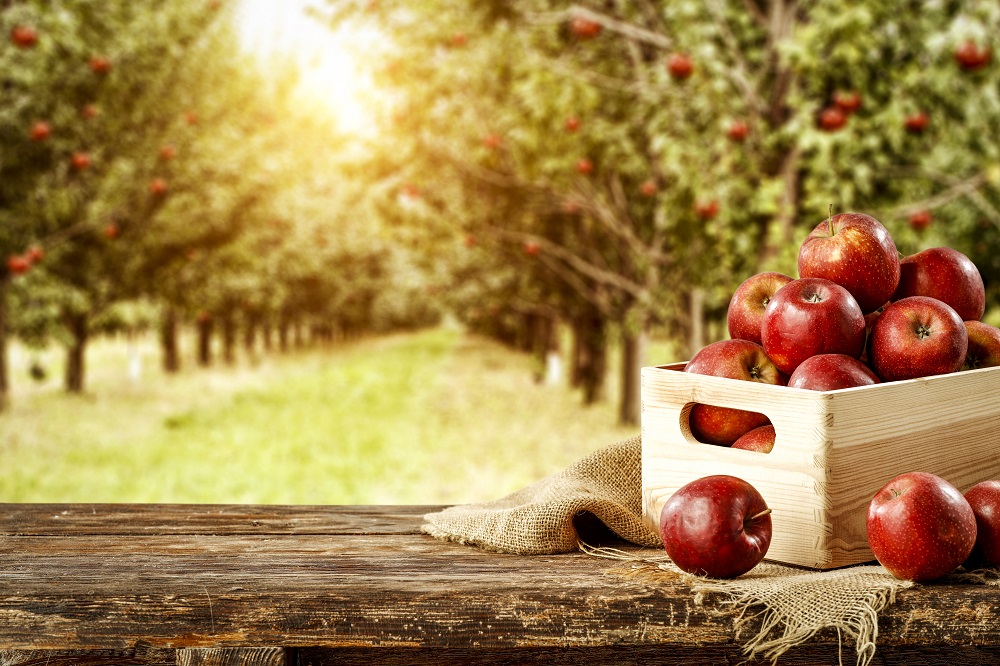02.07.2021 - WEPA Stiftung Sustainability
We’re abuzz with environmental protection
With our very own beehives, we as WEPA are taking a clear stance for environmental protection and nature conservation.
Bees for WEPA: a lovely idea that originated with our colleagues at the Müschede and Leuna sites. By now, there are two bee colonies in Müschede and one in Leuna, and they are merely the beginning. In the future, we intend to put our initiative for more bees into practice at all our production sites in cooperation with the WEPA foundation.
Bees are much more than a nice hobby – they actively contribute to biodiversity and environmental protection. After all, bees and other insects play an indispensable role for the environment and our food: they pollinate almost 80% of our crops.
Christian Peck, Head of Quality at WEPA and a beekeeper himself, has gathered plenty of experience and observations at this point: “Originally, it was just about my own jar of honey, but I quickly realised the contribution these animals make to nature. However, bees are very dependent on environmental conditions. Due to increasingly warmer winters, there no longer is a ‘breeding pause’. The result is a multiplication of diseases. That perfectly demonstrates the impact of climate change.”
Bees and insects are also in danger for other reasons. In the German federal state of North Rhine-Westphalia alone, the number of flying insects has fallen by up to 80% in some places since 1989. Globally, one-third of all insect species are endangered. Unfortunately, humankind is the driving force behind this: unvaried agriculture, over-fertilisation and pesticides, the sealing of landscapes with roads and houses – all this deprives insects of their habitat. In turn, it also threatens animals who eat insects, such as birds.
Continued Christian Peck: “I get to talk to a lot of different people about the environment, nature and sustainability thanks to the bees. It shows you how important these topics are to people.”
The good news: there are one million bee colonies in Germany at least. Breeders and bee researchers, in addition to beekeepers, take care to ensure that bees do not become extinct and produce plenty of honey. Occasionally, they rely on artificially inseminating queen bees.
If you, like WEPA, would also like to help bees and other insects: bees need natural habitats. Bee-friendly flower mixes and wild corners in gardens where nature is allowed to simply take its course are a good start. Dandelions, clover, aromatic herbs and many a “pest plant” are coveted food sources. After all, one bee has to stop at an unbelievable four million flowers for one kilo of the basic substance for honey – and we can all make sure it succeeds.


